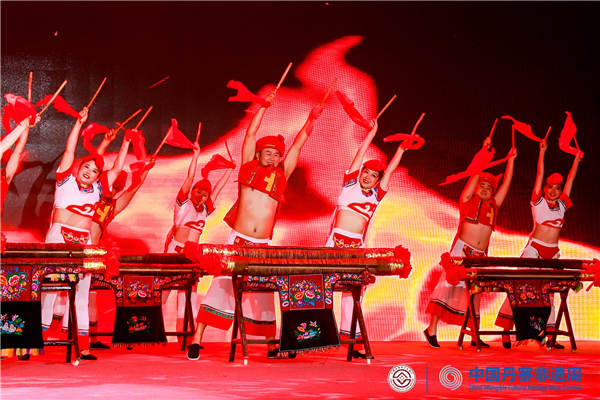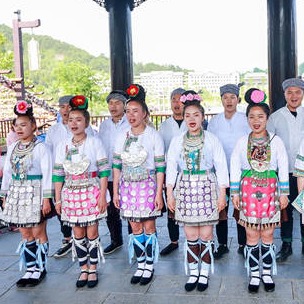Protecting the intangible takes a special touch


Among the 55 ethnic minorities in China, more than 30 ethnic groups have their own traditional medicines. Traditional Chinese medicine, including ethnic medicines, is an important representative of outstanding traditional culture and has a unique role in protecting China's intangible cultural heritage, said Wang Xiaofeng, president of the China Intangible Heritage Protection Association, at the first Ethnic Medical Intangible Cultural Heritage Forum in Danzhai on May 16. Exploring the protection and inheritance of traditional ethnic medicine has become a new highlight of China's heritage work.
TCM acupuncture and Tibetan medicine prevention have been included in the UNESCO Representative List of Human Intangible Cultural Heritage. Among the four batches, 10 categories and 1,372 national intangible cultural heritage items that have been published on the representative list of national intangible cultural heritage, 137 traditional medicine items account for 9.99 percent, with 132 national representative inheritors.
Sun Da, deputy director of the State Administration of Traditional Chinese Medicine, said that to help build a healthy community it will continue to support ethnic minority medicines.
"Traditional Chinese medicine has become an important part of cultural exchanges between China and the rest of the world and in promoting exchanges between Eastern and Western civilizations."



































